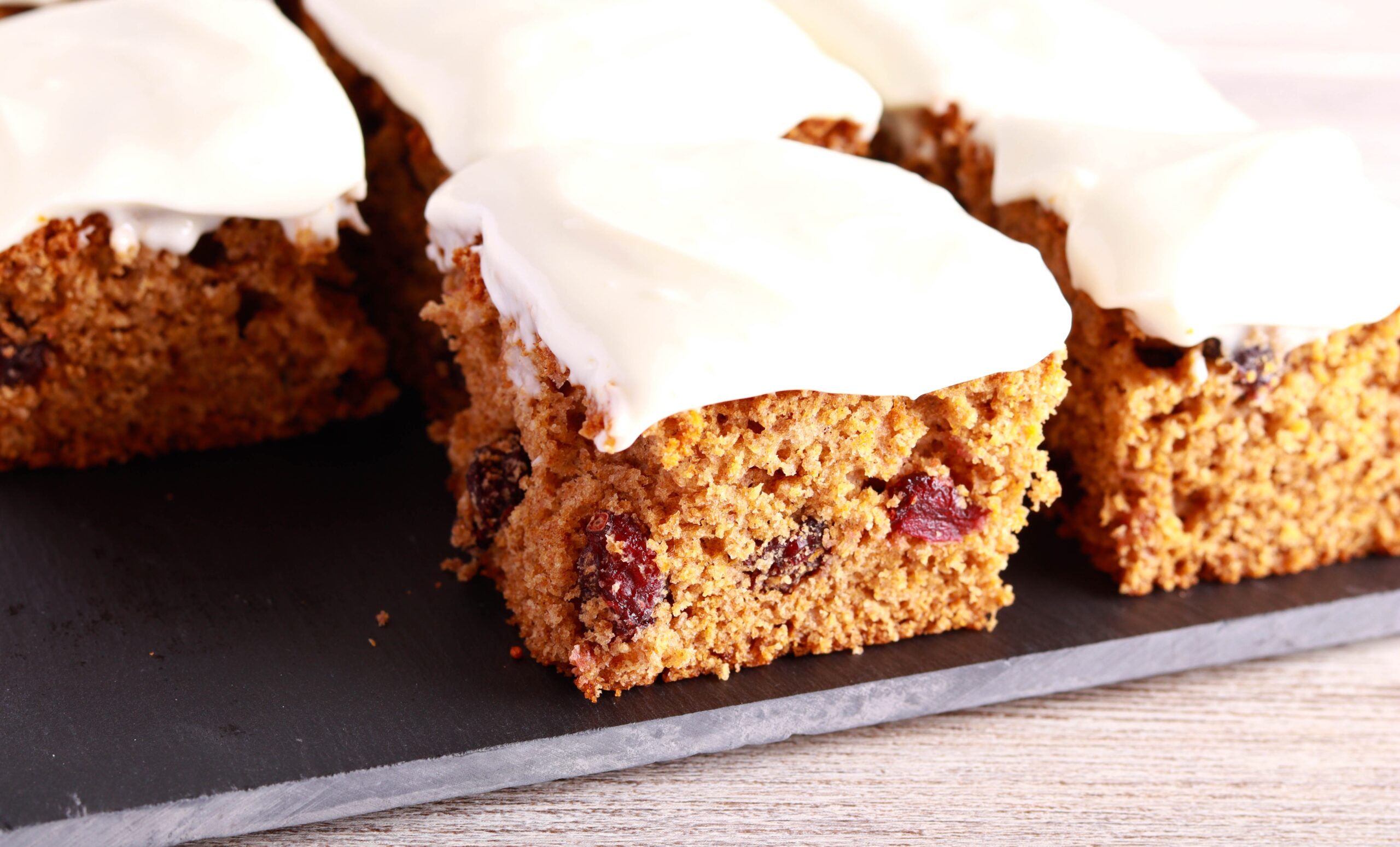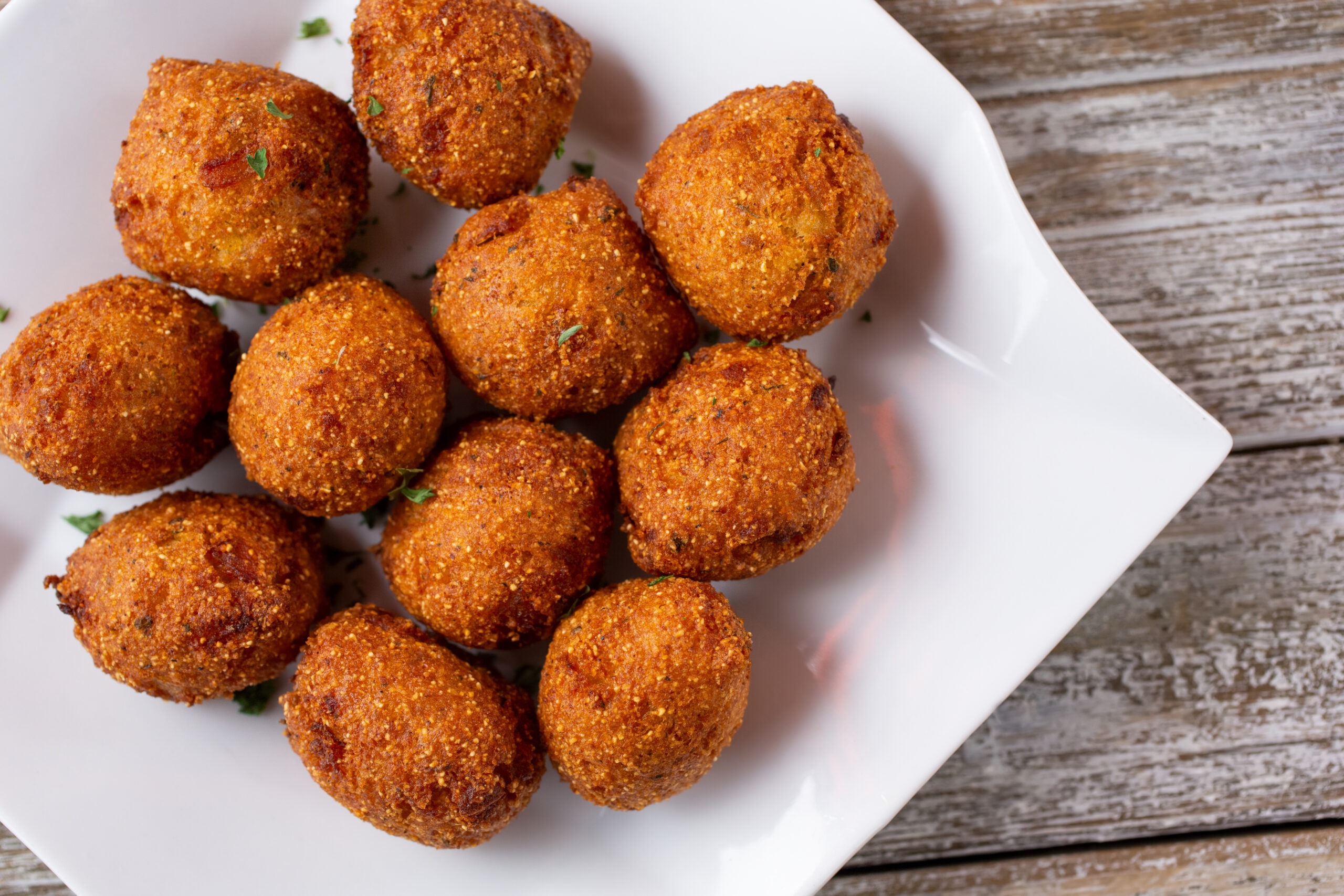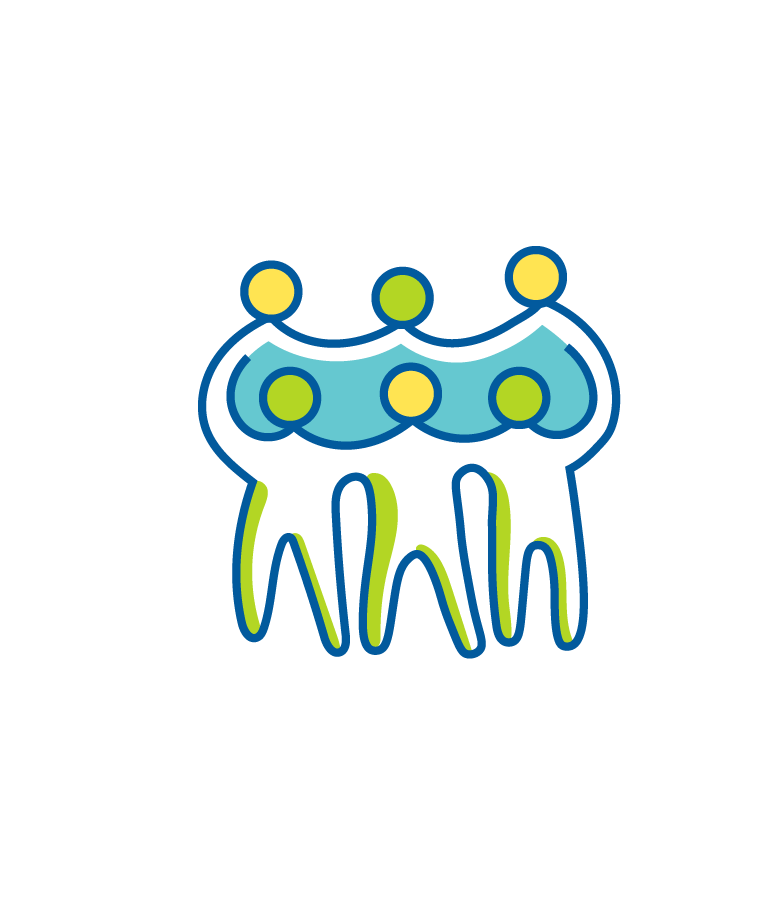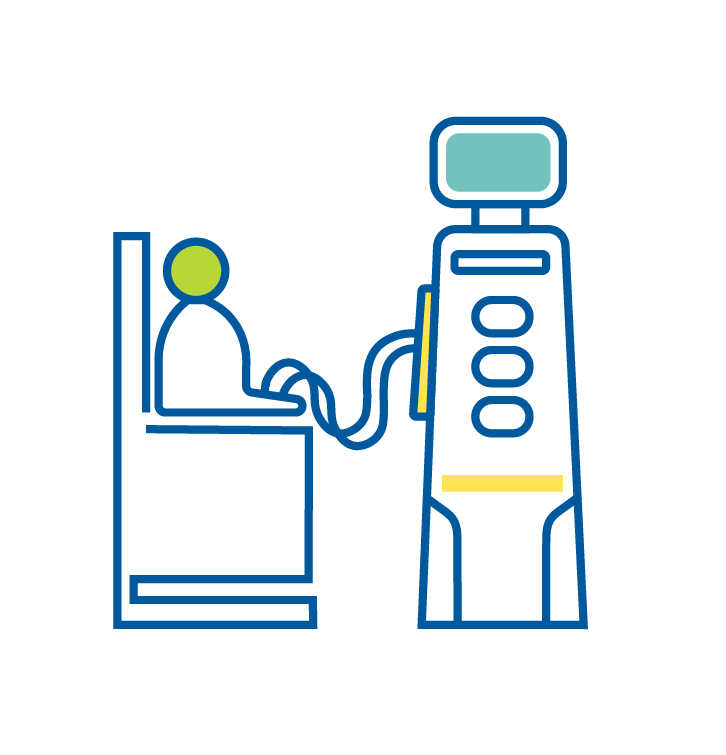Carbohydrates
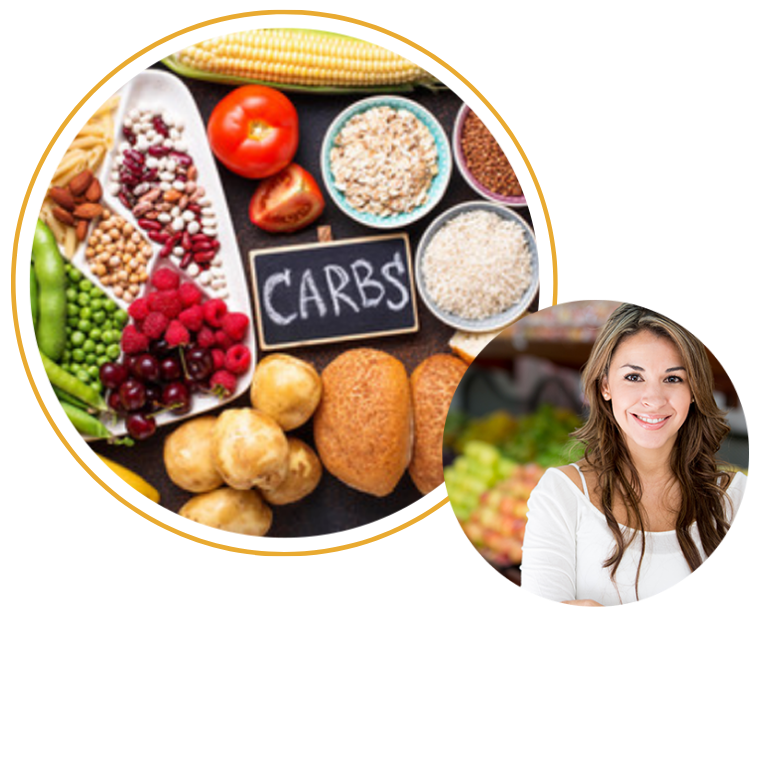
What is a carbohydrate?
Carbohydrates are your main energy source and can be easily changed from food to energy in your body. This is why you feel a sugar rush or a burst of energy when eating something sweet.
Carbohydrates are one of the three types of nutrients that give us calories (energy). The other two are proteins and fats. We need all three to survive.
However, when you eat too many carbohydrates, they are quickly stored as fat in your body for long-term energy. This is one of the reasons some people avoid carbohydrates. Portion control is important when eating carbohydrates, since they are stored as fat in your body.
The nutritional value of carbohydrates, both positive and negative, has been debated for years. What often gets lost in the debate is that not all carbohydrates are created equal. Knowing the qualities of different types of carbohydrate foods will guide you to healthy and balanced choices.

Choosing whole grains and complex carbohydrates provides essential vitamins and minerals, fiber, helps your cholesterol levels and helps keep you feeling full longer. – Dietitian
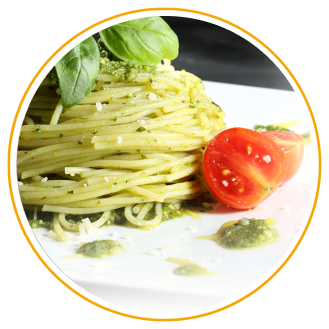
Examples of 1 serving of carbohydrates:
- 1 slice of bread
- 1 6-inch tortilla
- ½ cup of cooked grains, rice, pasta, beans, corn, or peas
- ½ cup of rice or pasta
- 1 medium sized fruit (apple, orange, peach, or tomato)
- ½ cup of starchy vegetables or ½ a regular potato
- ½ cup (4 ounces) of fruit juice or beverage with sugar
- ½ cup (4 ounces) ice cream
Carbohydrates are found in almost all foods:

Grains

Beans and legumes

Oats

All fruits

Dairy
milk, yogurt, cheese, ice cream

Sugar

Rice
white, brown, basmati, jasmine

Beverages
regular soda, sweet tea, lemonade beer, wine

Seeds and nuts

Snacks
potato chips, pretzels, popcorn

Starchy vegetables
potatoes, sweet potatoes, corn, peas, beets, carrots

Sauces and Condiments
tomato sauce, pasta sauce, alfredo sauce, ketchup, some salad dressings

Sweets
candy, chocolate, pastries, cookies, pies, and cakes
This is not a complete list of foods with carbohydrates. The best way to know what is in your food is to read the nutrition label on packaged foods.
Types of carbohydrates
Choosing whole grain products are a good choice if you have chronic kidney disease. These types of carbohydrates are full of nutrients and are part of eating well-balanced.
Fruits, vegetables, beans, nuts and dairy:
Carbohydrates are not only found in breads, grains, pastas, and other products made with flours and rice. Carbohydrates are also found in fruits, vegetables, and dairy. These carbohydrates have a variety of vitamins, minerals, and fiber and are an important part of eating well-balanced.
If you are on dialysis, you need to watch how much potassium you eat. Fruits, vegetables, beans, nuts, and dairy are high in potassium. There are, however, many good fruit and vegetable (excluding beans, nut and dairy) options that are low in potassium.
High carbohydrate vegetables are better eaten every now and then instead of every day. These vegetables can be higher in calories and lead to unwanted weight gain.
The most common of these “starchy” vegetables are:

Corn

Peas

Potatoes
Very high in potassium

Be aware:
If you are on dialysis, work with your dialysis dietitian for help choosing the carbohydrates that best suit your needs.
What to look for:
- Foods that have the "WHOLE GRAIN" stamp
- Foods that say “Made with 100% whole grains”. Beware of labels that just say “Made with whole grains.” These products might actually have very few whole grains.
- Foods that have “Whole” listed as the first ingredient. For example:
- Whole wheat
- Whole (any type of grain)
- Stoneground whole wheat
- Stoneground whole (any type of grain)
- Brown rice
- Wheat berries
What to avoid or limit:
Try to limit foods that have refined or enriched grains in the ingredient list. Avoid or limit foods with these listed at the top of the ingredient list. For example:
- Refined (any type of grain)
- Enriched (any type of grain)
- White flour
- De-germed cornmeal
Your support goes further with AKF
Your donation allows AKF to support people wherever they are in their fight against kidney disease – from prevention through transplant. For more than 50 years, we have fought on all fronts for millions of people impacted by kidney disease.
Donate today to support our work


